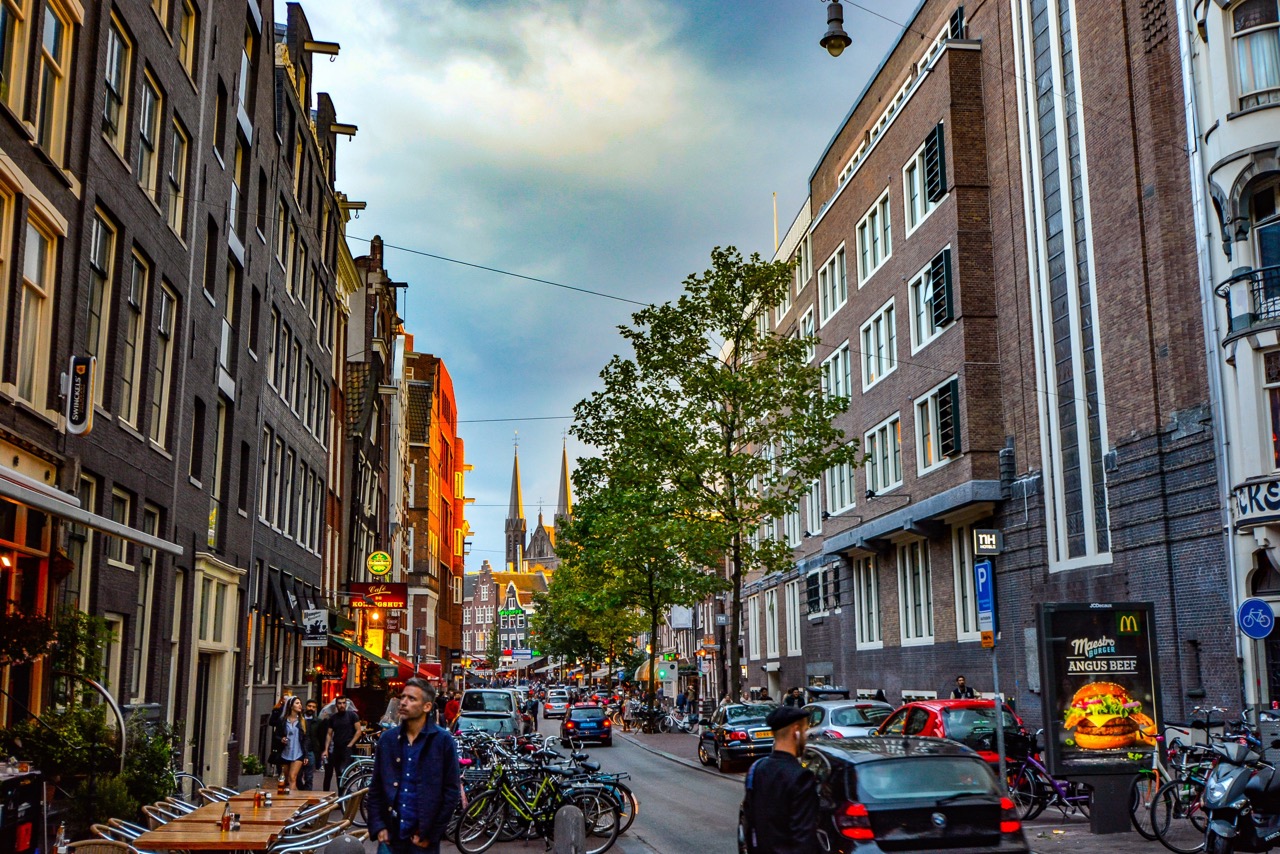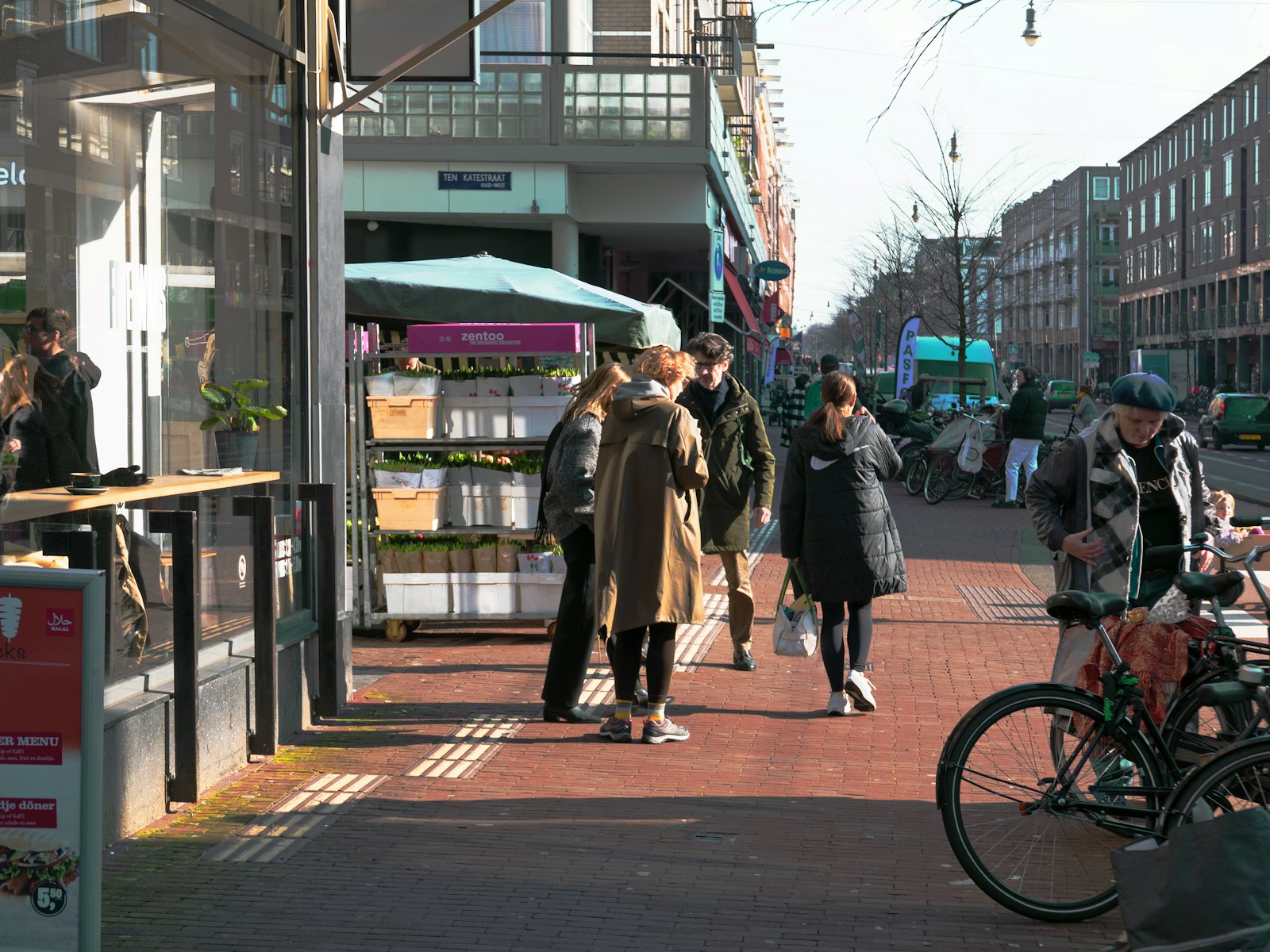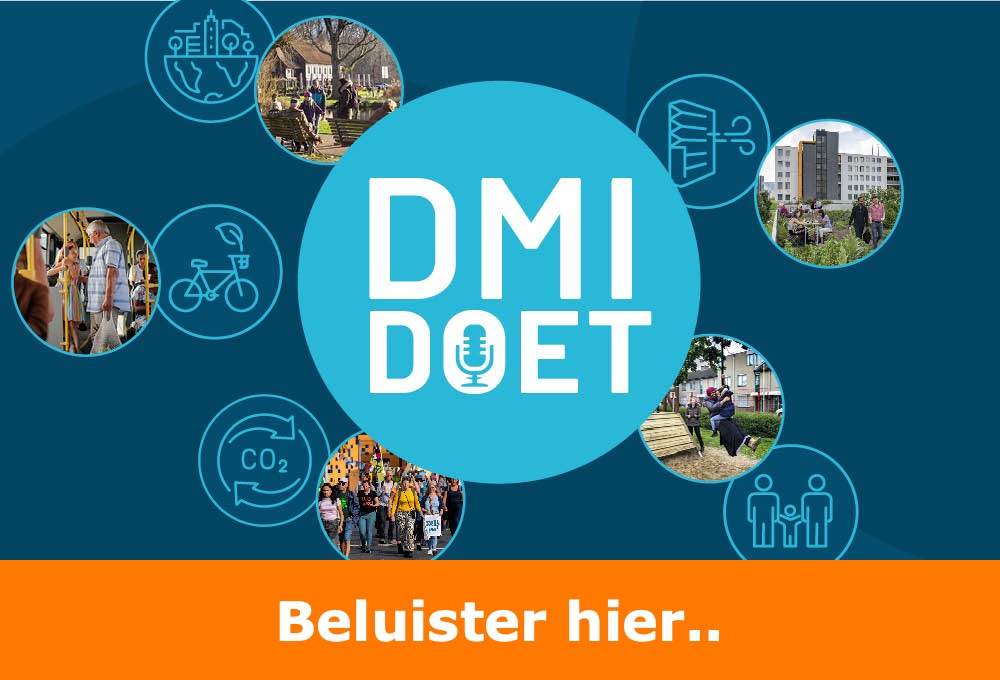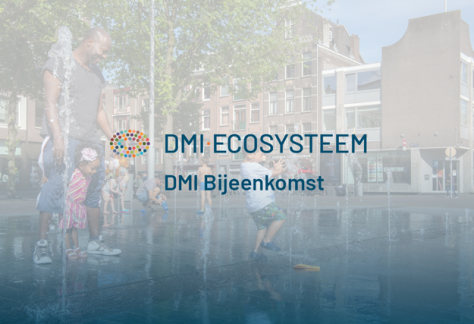Meet the DMI PDX: Products and Data Exchange
The foundation of the DMI ecosystem.
Do you want your organization to contribute to the realization of smart and sustainable cities? Then the PDX is your gateway to valuable data and other products and services offered by DMI participants. The Products and Data Exchange (PDX) is the place where participants of the DMI ecosystem safely and securely exchange data, products and services with each other.
Whether you want to offer data or are looking for it, have or are looking for an innovative application available or want to start a collaboration with another DMI participant: in the PDX you can immediately find who or what you need. The cost of using the basic facilities is already covered through participant fees.










